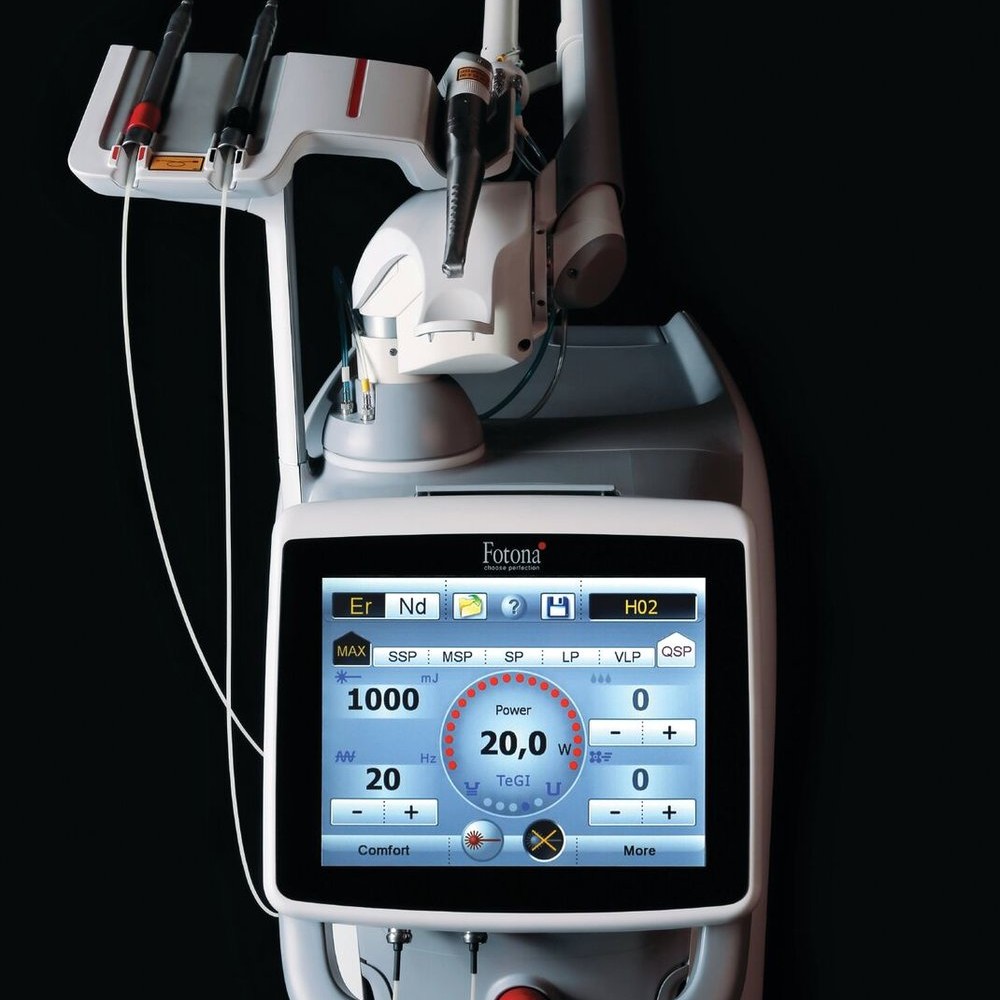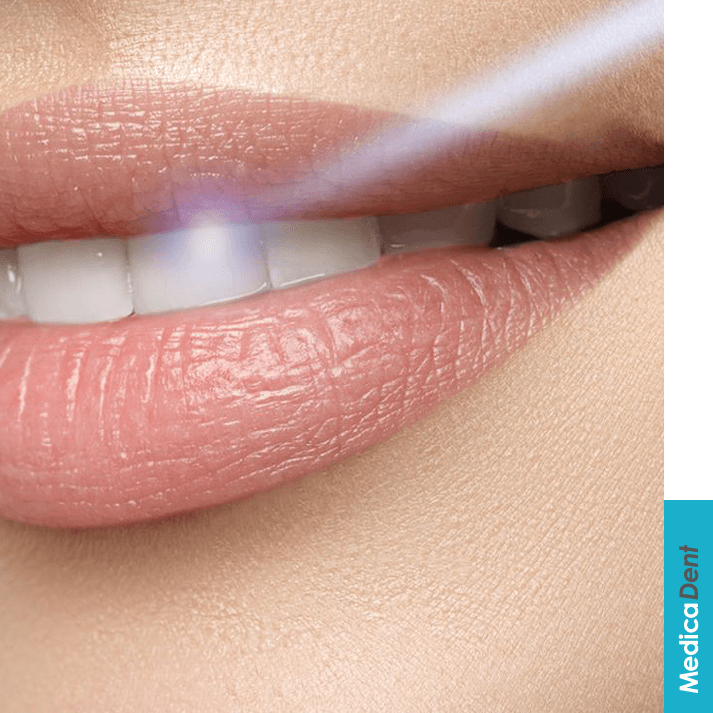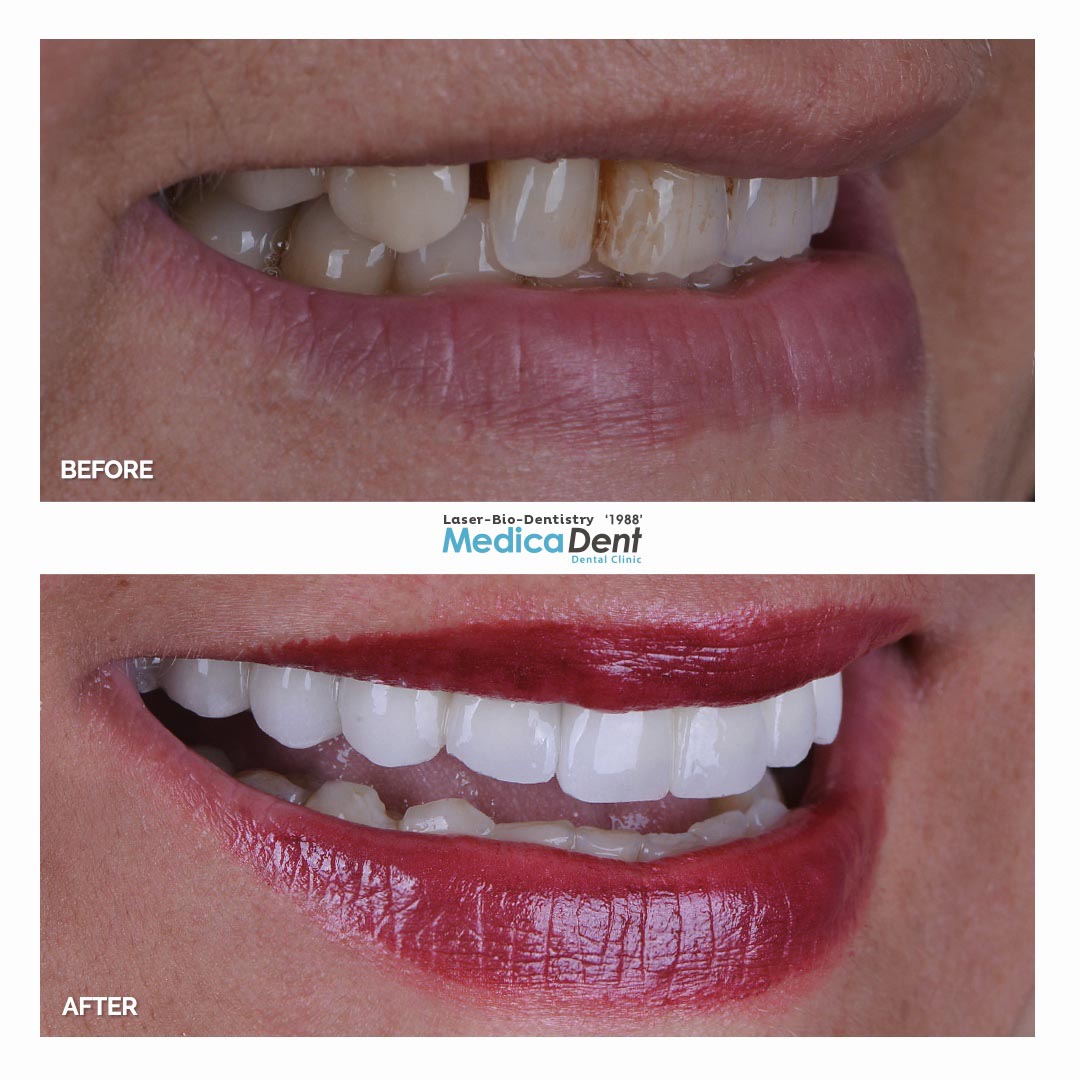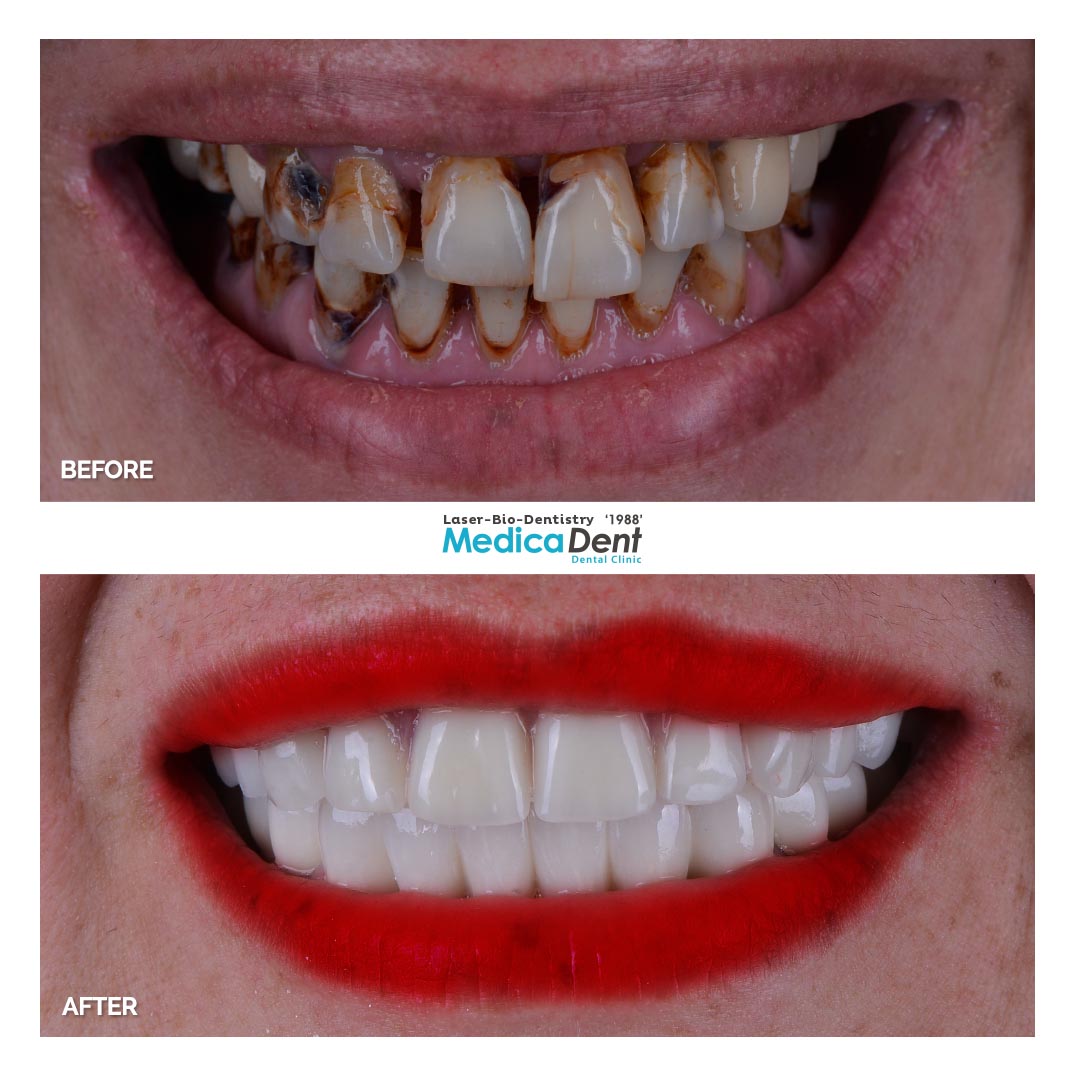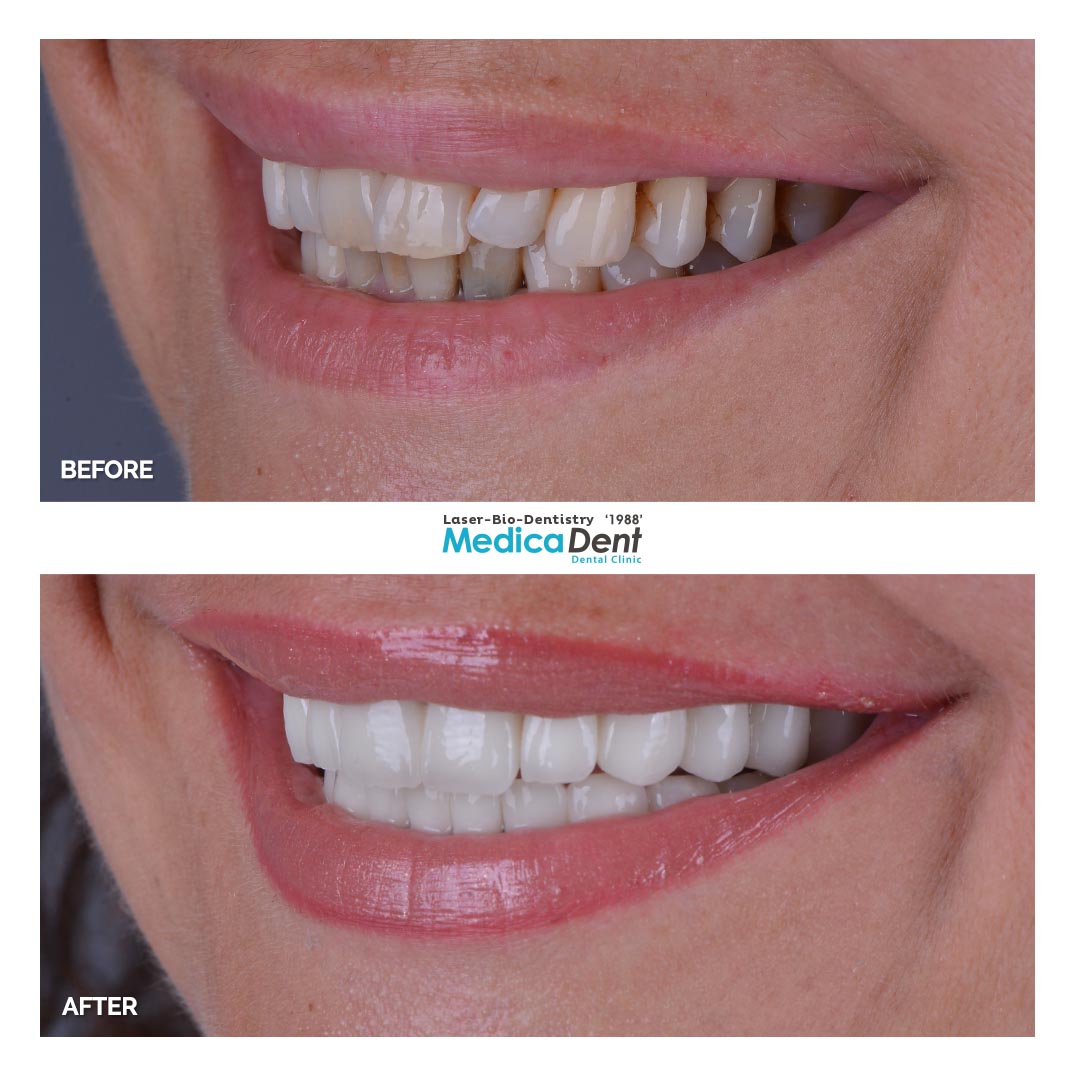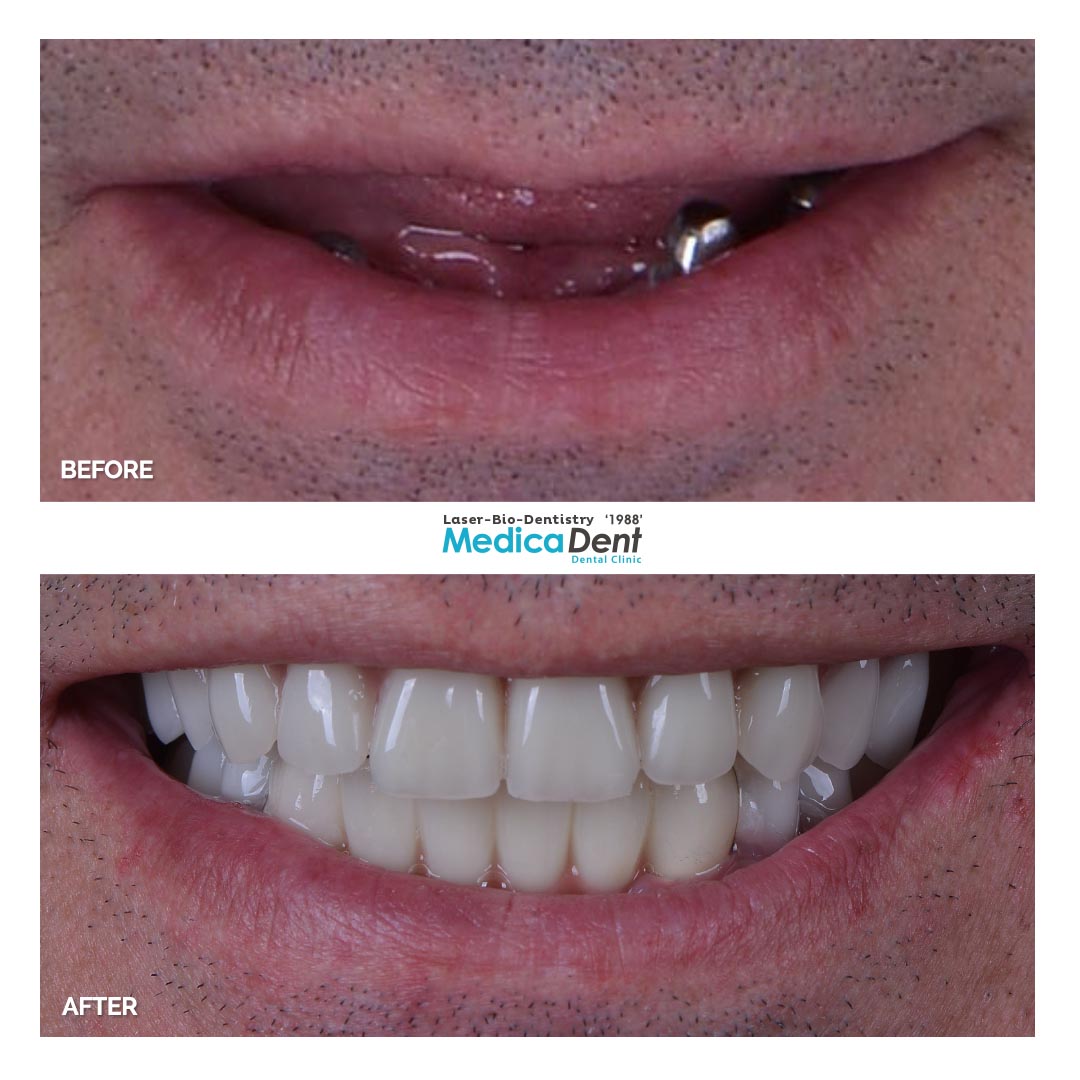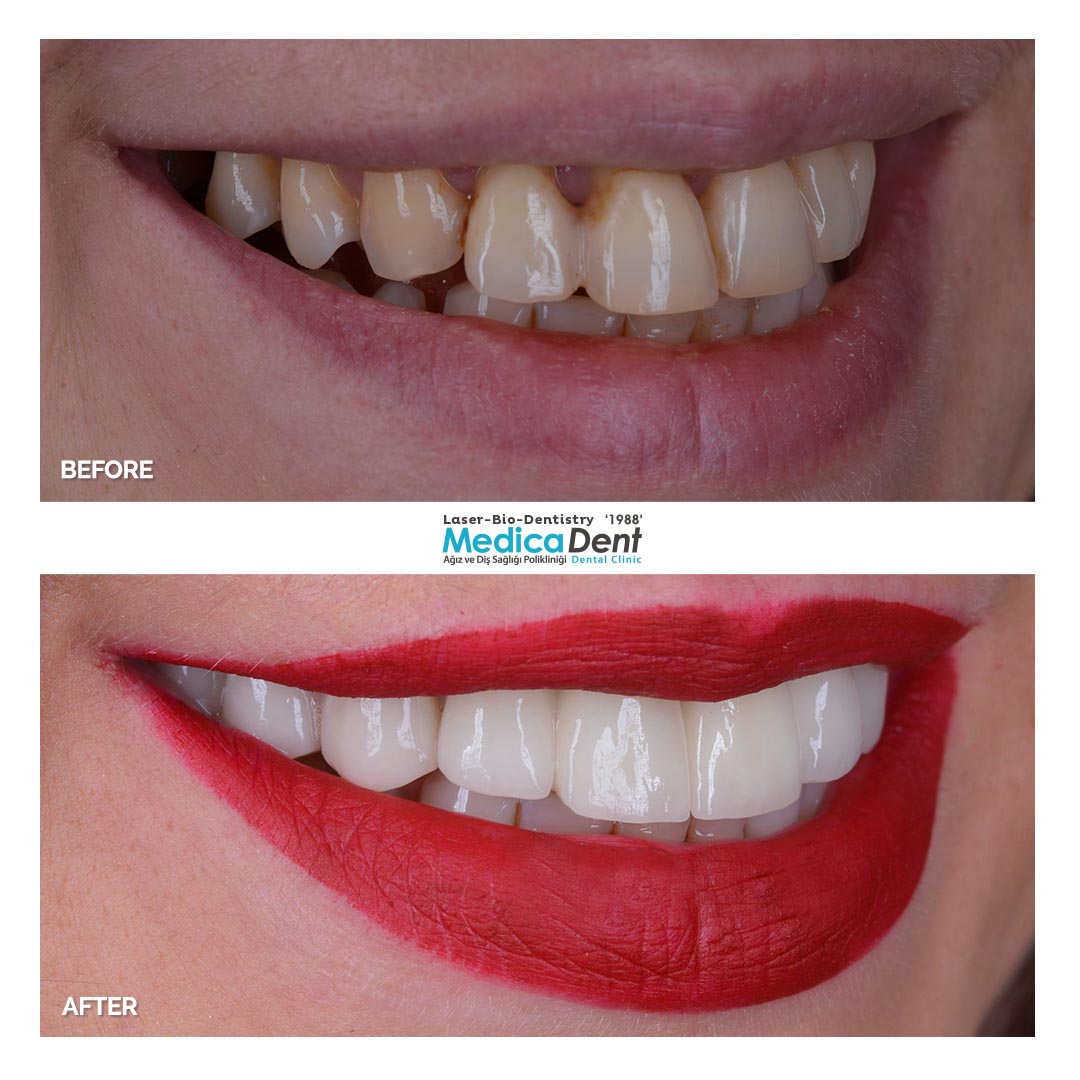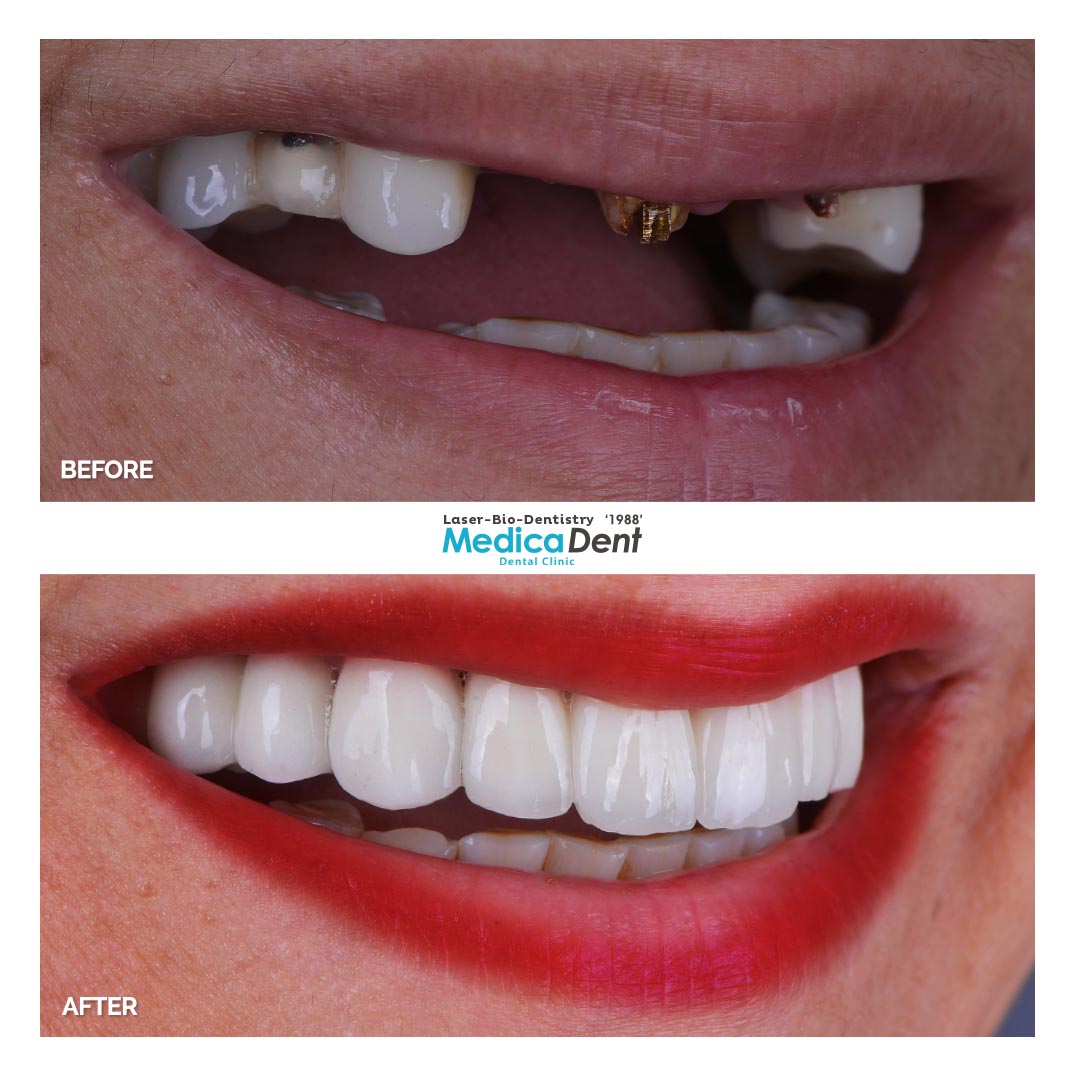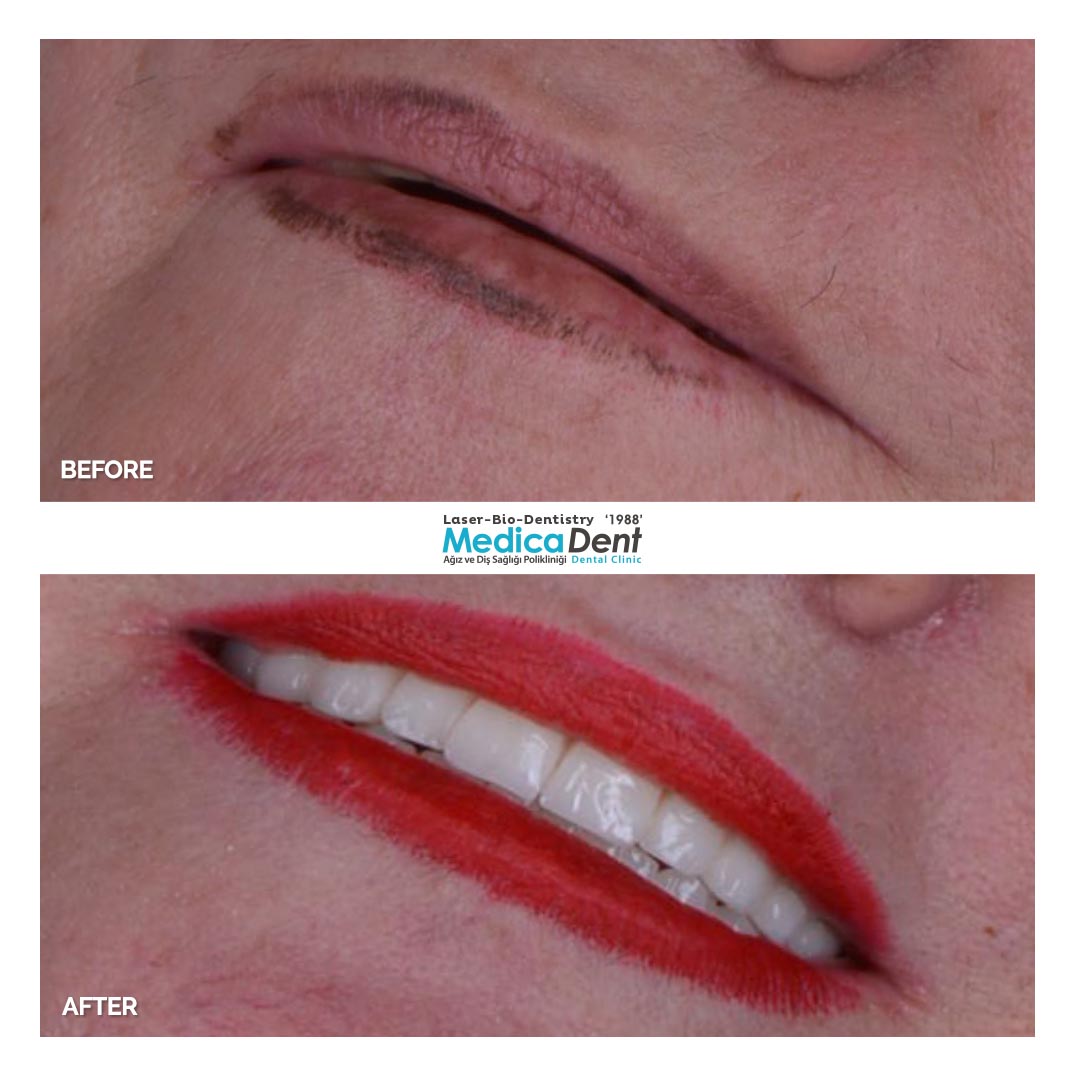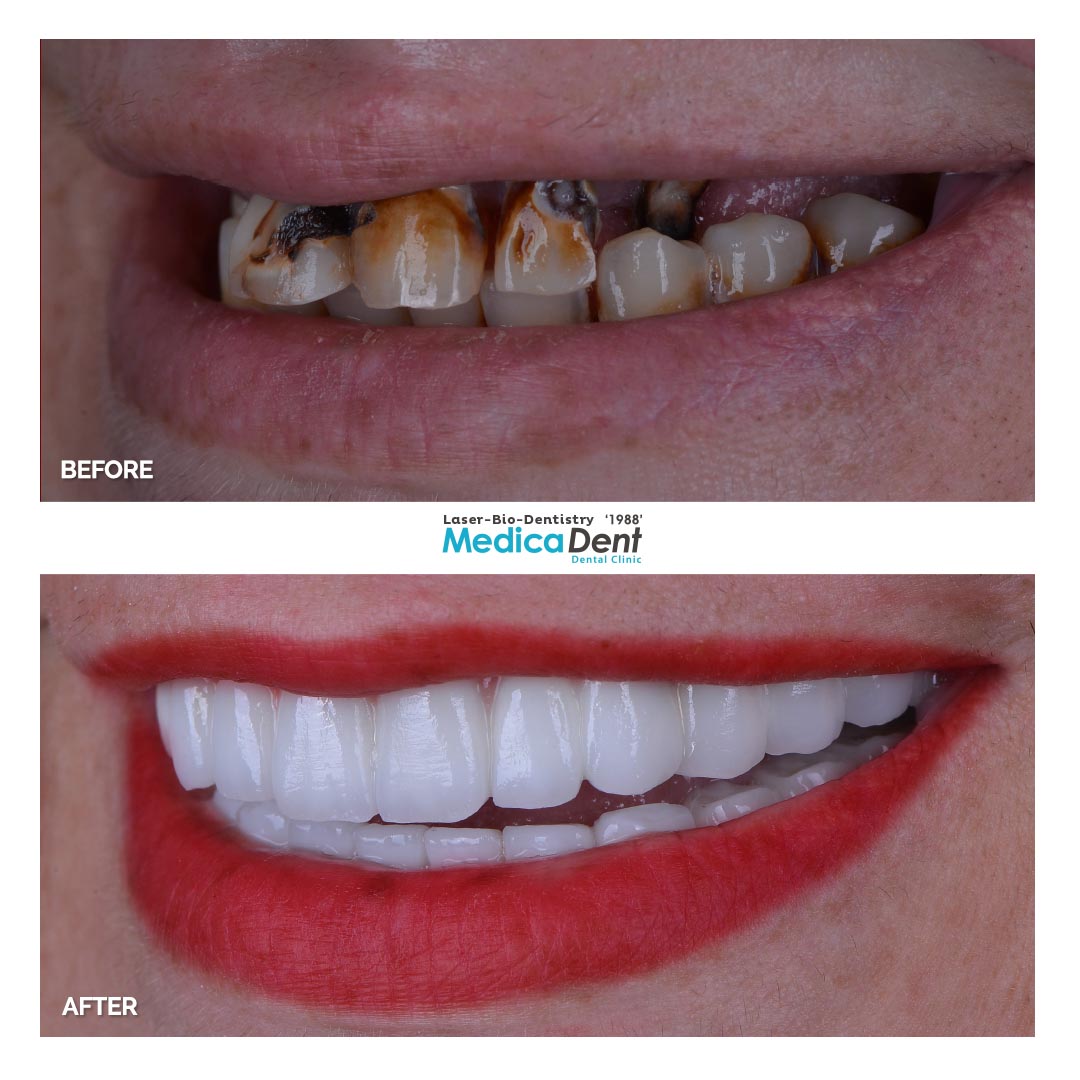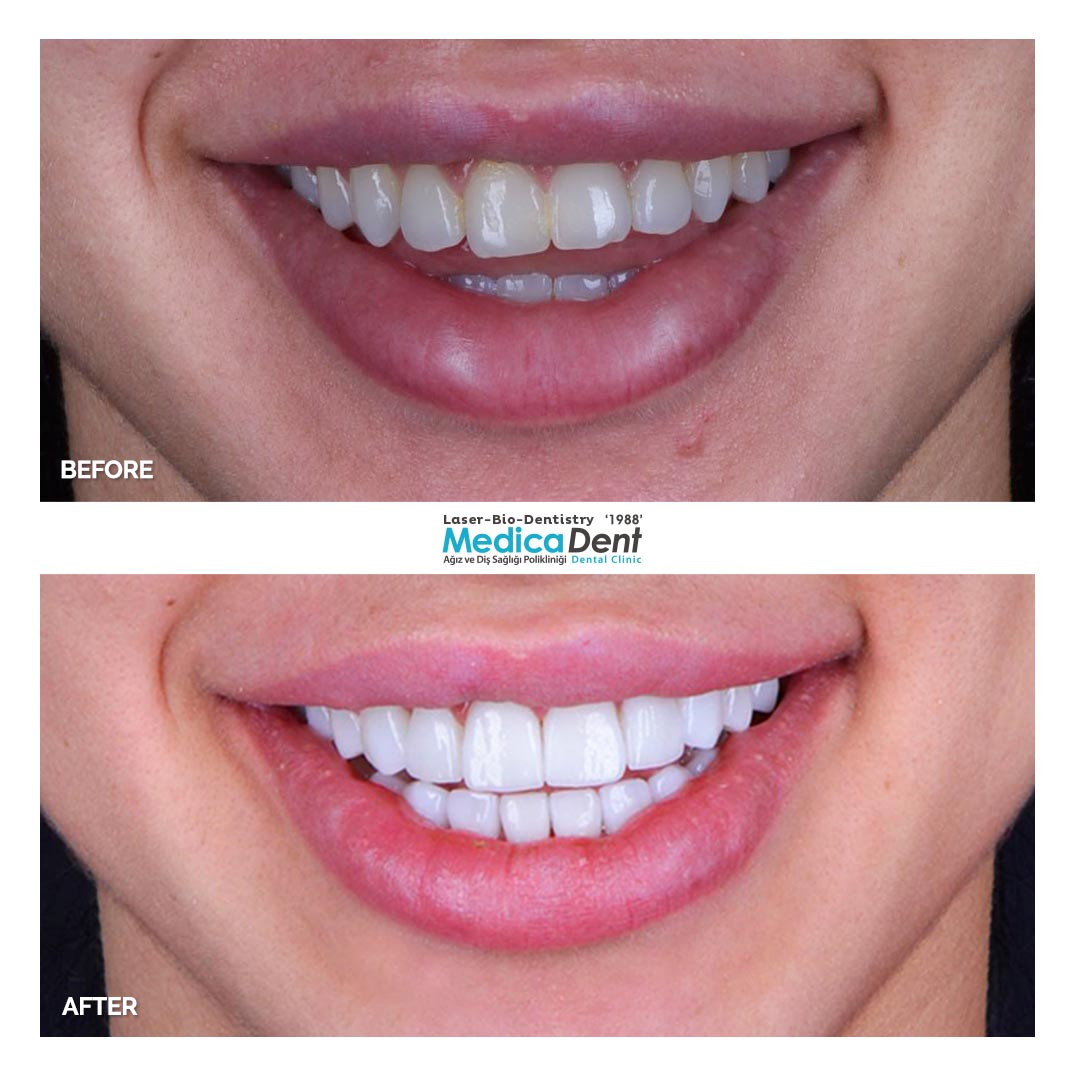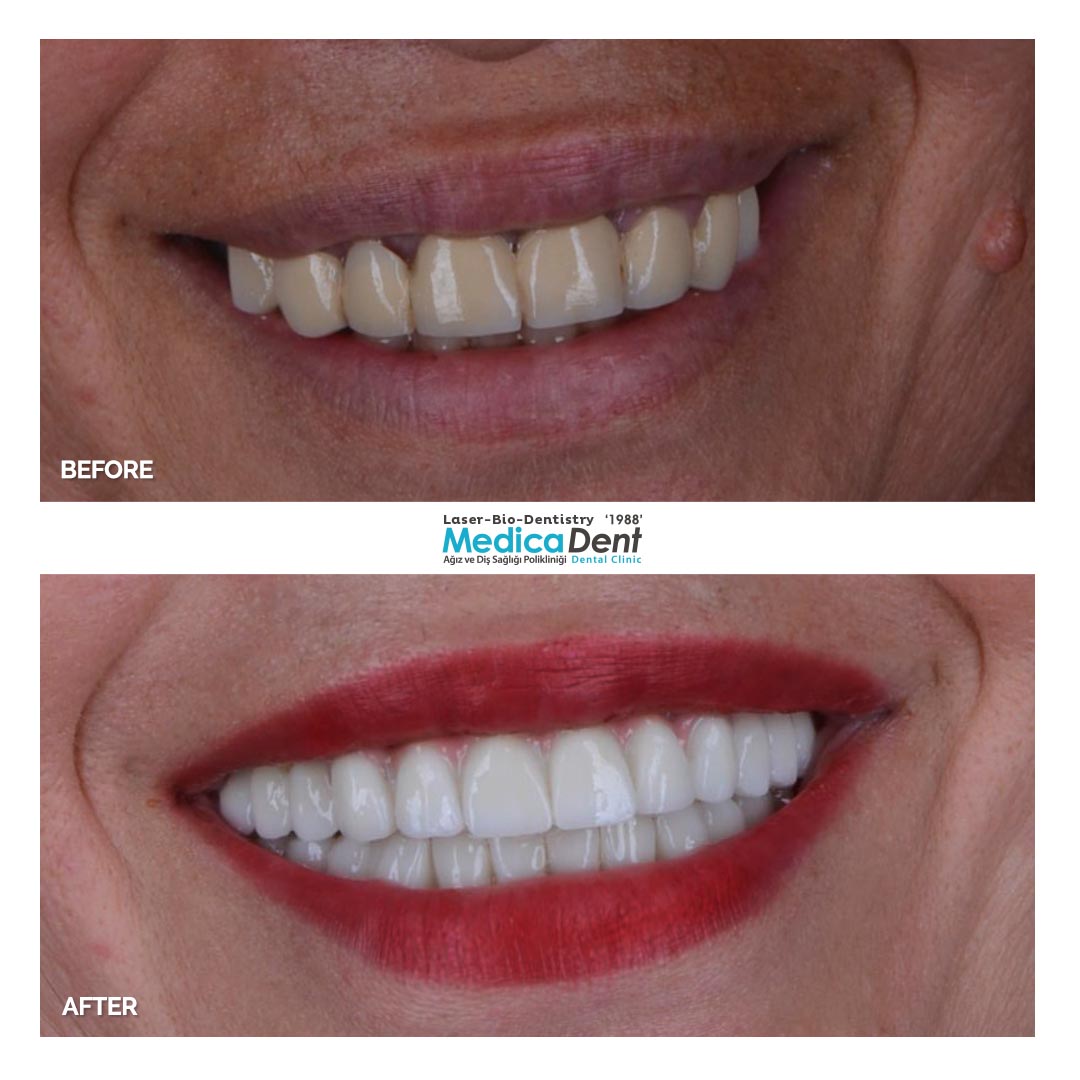PURPOSE – DEFINITIONS
These terms and conditions of use (hereinafter the “Conditions of Use”) stipulate the rights and obligations of the company Medicadent Dental Clinic (hereinafter the “Company”), based in 1988, Mühürdar Cad. No:69/1 Kadiköy/İstanbul TURKEY and the users of the website accessible at the address smile.medicadent.com (hereinafter “User(s)” and the “Site”).
The Site allows the User:
To access the blog and general information about dental care;
To be put in touch with dental clinics in the UK or abroad or with a third party that provides a clinic matching service (hereinafter “Clinic(s)”), depending on the dental care needs of User, on the basis of a contact form that the User will have completed;
To perform an assessment concerning the User’s smile;
To obtain comparative information about dental products;
To make an online appointment with dental surgeons;
To be put in touch with dental professionals online;
To use an online health insurance comparison tool.
Therefore, the Company acts as the editor of a Site whose purpose is to offer general information to Users about dental care and to allow Users to benefit from information from third parties with whom the Company has partnership agreements. For information provided by third party partners to the Company, the latter acts as host.
ACCEPTANCE OF THE TERMS AND CONDITIONS OF USE
Access to the Site by the User implies full and complete acceptance of these Conditions of Use. The User can print or save these Conditions of Use at any time. The Company reserves the right to modify these Conditions of Use at any time. If this is the case, the new applicable terms and conditions are published on the Site and any subsequent use of the Site by the User implies acceptance of the amended terms and conditions. If the User does not wish to accept the Conditions of Use, s/he undertakes not to pursue his or her navigation of the Site.
During the use of any service accessible via the Site, the User must provide all of the information indicated as mandatory if s/he wishes to be able to use the Site in an optimal manner.
Any serious breach on the part of a User of any of the commitments made herein that are not remedied within a period of fifteen (15) days after receipt of an email with acknowledgement of receipt from the Company, opens the right for the latter to no longer provide all or part of the services to the User concerned, depending on the seriousness of the facts, without prejudice to any other damages to which the Company could lay claim. In the case of a manifestly illegal disruption or attack, the deadline within which to remedy the breach may be shorter.
TERMS OF USE OF THE SITE
When Users wish to access certain services, they must complete a form which they transmit to the Company with essential information such as: surname, first name, date of birth, email address, phone number, city, country and postal code, as well as details about the treatment they wish to have carried out and / or adjacent issues.
Users undertake to provide accurate information and to regularly update this information if applicable.
Service of being put in contact with a dental care Clinic:
Users may receive an e-mail from the Company or a Clinic in order to request additional information, such as an estimate from their dentist in the UK, as well as, insofar as possible, a recent panoramic X-ray.
This information remains confidential with respect to any third party. The Company is however expressly authorised by the User to transmit this information and/or documents to any Clinic that would be in a position to treat the patient. It is specified that Clinics are located in or outside of the UK, but in all cases present competent professionals, holders of the appropriate diplomas to provide dental care, and meet the ISO standards of quality applicable to their activities.
Upon receipt of User information, the Clinic directly contacts the User in order to make an estimate.
Within the framework of his or her relationship with the Clinic, the User remains free at all times to:
Refuse the estimate from the Clinic;
Accept the estimate from the Clinic;
Inform the Company if the chosen Clinic is not suitable;
Choose another Clinic from among those presented;
Desist from having the dental care carried out.
The contractual relationship between the Clinic and the User is governed directly by the contractual documents that the Clinic transmits to the User and that the latter accepts by signing them, and the Company does not intervene in the relationship between the two parties further to placing them in contact with one another. Therefore, the User is not liable for any fee or commission to be paid to the Company by reason of the introduction and there shall be no contract between the User and the Company beyond these Conditions of Use.
Services provided by third parties:
Regarding any services available on or via the Site, including health insurance comparison services, remote appointment-making, clinic matching services, ‘ask a dentist’ services and “Smile Assessment” (Invisalign), which are provided by third parties via widgets or the third party’s own website: the terms and conditions of use of these services are accessible to the User on the websites of the said third parties.
Consequently, the Company is not responsible for these services or any advice given therein. Should a User choose to provide information to these services, including personal data, they recognise that the Company does not have access to it and that therefore Users need to exercise their right to oppose, rectify and update any such data directly with the third parties concerned, in line with the terms contained in their conditions of use.
General information:
It is specified that the use of the Site and the accessible services (such as the blog, price comparison tool and introduction tool) are free of charge for the User, with the exclusion of the internet access and the computing tool which remain at the User’s expense.
GENERAL USER OBLIGATIONS AND LIABILITY
Within the framework of the use of the service of being put in contact with a dental care Clinic, each User accepts that the personal data that s/he enters on the form on the Site is transmitted to the Clinic by the Company in order for the latter to submit an estimate to the User for the dental care that s/he would like to receive.
Acceptance by each User concerned by the transmission of this personal data takes place at the time of completion of the aforementioned form when the appropriate boxes are checked, and this is deemed to represent express consent on the use of personal data by the Company on one hand and by any Clinic contacted on the other hand. The User concerned is free to oppose, modify and/or rectify any such personal data transmitted.
Within the framework of using the Site blog, the User will exercise restraint. S/he will comply at all times with the law and applicable regulations and shall not post any content that is abusive, defamatory, racist or disparaging, which incites hatred, and / or which violates the applicable laws and regulations.
Within the framework of the use of the price comparison service for health insurance, the User acknowledges that use of the price comparison tool is on a voluntary basis in order to obtain information about health insurance providers. S/he recognises that the results of the price comparison tool are valid only to the extent that s/he has transmitted truthful and current information regarding his or her personal situation.
The User will be bound to compensate the Company for all of the tangible or intangible consequences which would result from a violation of these Conditions of Use.
In the case of an action or claim from a third party against the Company, the latter may therefore call upon the guarantee of any User who, in violating their commitments under these Conditions of Use, would be at the origin of the facts that have led to the complaint by the third party to the Company.
OBLIGATIONS OF THE COMPANY AND LIABILITY
The Company may at any time carry out modifications to the presentation, the functioning or the features of the Site and / or the services which are accessible thereon, without prior notice. The Company cannot be held responsible for any unavailability of the Site and / or services, inherent to the vagaries of the techniques related to the Internet, to a case of force majeure, relating to the Internet connection of Users or their equipment, or to maintenance operations that are necessary for the proper functioning of the Site and / or services. The Company reserves the right to interrupt at any time access to the Site and / or to all or part of the services, in particular in order to preserve the confidentiality or integrity of the data of Users in the event of an attack by a virus. The Company implements the technical means at its disposal to maintain the integrity and the security of the Site as much as possible, that of the services contained thereon, and the confidentiality of the personal data of Users.
With regard to services provided by third parties via the Site: the Company takes no responsibility for the information available to the Users via the Site when it is provided by third parties, either through the intermediary of widgets, hypertext links or by any other means. The Company only ensures that these technical means work, without verification of editorial content provided by third parties for which it declines any responsibility.
Regarding the service whereby Users are placed in contact with a dental Clinic and / or compare health insurance prices: the only role of the Company is to allow any User to identify a dental Clinic with which s/he could establish a contract for the purposes of receiving dental care, to check the information that is available about the dental care and to identify health insurance that responds to his or her needs. The Company acts as a commercial intermediary in this framework and may be involved with the commercial follow-up of the relationship between the User and the Clinic. However, the Company is not associated with: (i) the relations that may exist between the Clinic and the User concerning the amount of the estimate transmitted by the Clinic, the details of the necessary care, the quality of care provided, the timetable for completion of care, and more generally any technical element of discussion between the User and the Clinic. The company specifically disclaims any responsibility concerning the performance of the dental care on Users by Clinics which they may have been put in contact with through the Site, as well as of all the consequences arising therefrom; (ii) the relations that may bind the User with any health insurance provider of his or her choosing, further to the use of the price comparison tool available on the site.
In a general way, the Company will not receive any remuneration from the User, under any title. The Company may possibly receive a commission from a third party (such as a Clinic or a health insurance provider), without the existence of this commission calling into question the external nature of the Company to the contractual relationship entered into between the third party and the User.
The Company is held only to an obligation of means concerning the availability and operation of the Site and the services that are accessible thereon. Accordingly, in the event of poor functioning or interruption of the Site or of a service, of maintenance or updating of the Site, the User will in no case be in a position to have recourse against the Company.
The Company cannot be held responsible for any damage resulting from the intrusion or fraudulent maintaining of a third party on the Site, or for illicit data extraction, despite the implementation by the company of means of security consistent with the current techniques.
All content on the Site is provided as information only and does not in any way replace medical advice or regular checkups as recommended by the Medicadent Dental Clinic Foundation. By using the Site, Users agree to consult a medical professional regarding any health concerns before acting on any information contained on the Site. The Company accepts no responsibility for Users’ decisions following the use of the Site.
COOKIES
The Company informs Users of the installation of cookies on their computers. The Company uses cookies to enable and facilitate communication by electronic means and to provide appropriate features tailored to the needs of Users. The cookie is used to identify each User upon each connection, and thereby to facilitate access to the Site. Users may refuse cookies by modifying their browser settings; doing so may however alter the features on offer on the Site and this cannot engage the responsibility of the Company.
INTELLECTUAL PROPERTY
The User recognises that the Company is the owner of the Site and all of its features. The User undertakes not to reproduce or imitate them without prior written agreement from the Company. The company only grants a right to use to Users of all of the elements contained on the site, without their being authorised to carry out any reproduction or dissemination without authorisation from the Company.
MISCELLANEOUS
In a general way, should one or more of the provisions of the Terms and Conditions of Use be held to be invalid or declared as such pursuant to a law or regulation or following a final decision of a court of competent jurisdiction, the other provisions will retain their force and scope. The Parties therefore agree to replace the provision that has been declared null and invalid by a provision which will be as close as possible to the content of the initial provision. The same principles apply in the case of incomplete provisions.
The provisions of these Terms and Conditions of Use express the entirety of the agreement entered into by the Parties. They prevail over all prior proposals or agreements, as well as over all other communications between the Parties relating to the subject of these Conditions of Use.
APPLICABLE LAW – ATTRIBUTION OF JURISDICTION
The Terms and Conditions of Use will be interpreted, executed and governed by English law.
In the case of difficulties relating to the validity, the interpretation, the execution or a breach of these Conditions of Use, and in the absence of an amicable settlement within a period of thirty (30) days following the occurrence of the dispute, the Parties agree to submit their dispute to the relevant jurisdiction to be dealt with in court.
